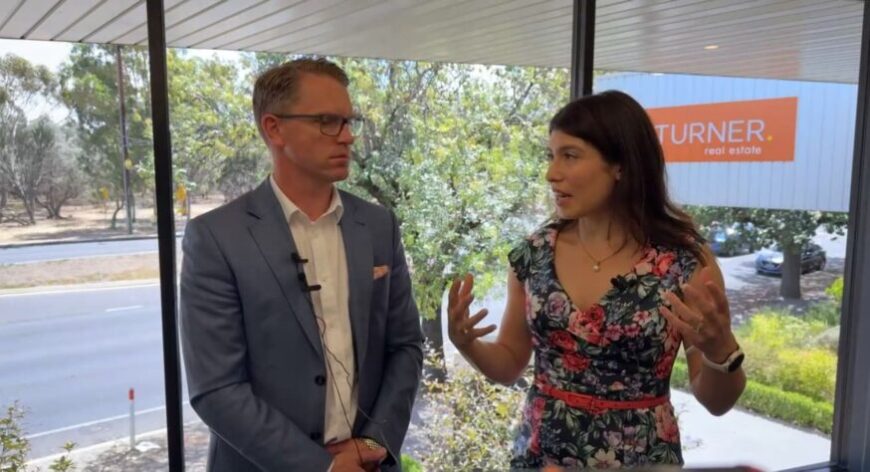What is a mortgage repayment holiday?
A mortgage repayment holiday is essentially a period of time where you don’t have to pay repayments on your loan. This period of time is often between 3 to 6 months. Having said that, you are still having to pay interest and fees on the loan during this ‘holiday’ period. This is because the interest and fees from that period, will be capitalised on the loan. As a result, this will increase the amount you currently owe on the loan.
Some lenders might even extend the term of the loan to match the repayment holiday period. However, some lenders do not extend the term of the loan. This means is that, after finishing your mortgage repayment holiday, your regular repayments on your loan could increase. Mortgage repayment holidays can hold long term implications therefore it’s important that you consider all the consequences before applying for one.
Before applying for a repayment holiday you should consider these things:
- What level of savings you have
- What level of money you have in your offset account
- Whether you have any redraw available
- Whether you can go about this period without applying for a repayment holiday
The video above highlights the advantages and disadvantages that mortgage repayment holidays have.
To avoid any misconceptions about mortgage repayment holidays check in with the Rise High Team. We will them give you specialised advice regarding your specific situation and conditions.
Do you have any questions or comments? Please let us know in the section below or find out more about home loans and property investment loans. You could also contact us directly here!


